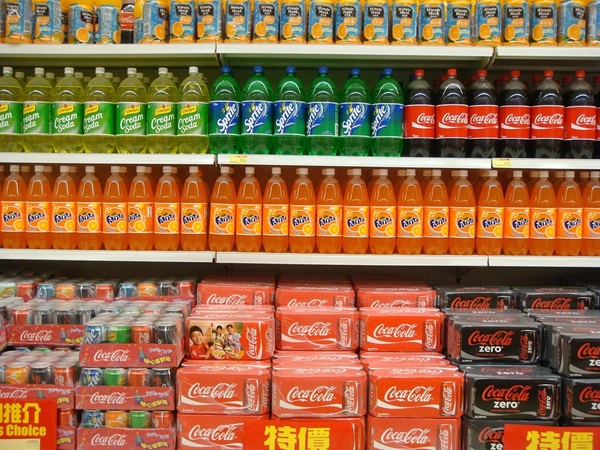ANNAPOLIS, MD—Maryland lawmakers are considering a new tax on sugary drinks that would raise nearly $500 million annually, potentially making it the first state to impose a $0.02-per-ounce tax on sweetened beverages.
The proposed legislation, House Bill 1469, dubbed the “For our Kids Act,” aims to fund free school meals, child care subsidies, and the state’s general fund. The bill, introduced by Del. Emily Shetty (D-Montgomery) and co-sponsored by House Health and Government Operations Chair Joseline Peña Melnyk (D-Prince George’s and Anne Arundel), is modeled after similar laws in cities like Philadelphia and Seattle.
Proponents, including the American Heart Association, argue that the tax would incentivize healthier beverage choices and generate revenue for crucial programs.
“We have significant funding shortfalls for very high-priority programs in our state, and we also have on top of that, a public health crisis,” said Del. Shetty, emphasizing the need to address rising healthcare costs. Shetty, a member of the House Appropriations Committee, added that “We have to think about common-sense, evidence-based measures that help bring down costs for our health care system, and that includes efforts like this.”
The tax would apply to distributors of sweetened drinks, including those with artificial sweeteners, and would be based on the volume of the beverage. Powders and syrups would be taxed based on the equivalent number of ounces they could produce. The bill includes annual increases tied to inflation, ensuring the revenue stream remains consistent. The tax rate would remain the same in years with negative inflation.
However, the beverage industry opposes the proposed tax, arguing that it would unfairly burden consumers already grappling with rising costs. The MD-DE-DC Beverage Association warned that the tax could increase prices on some beverages by as much as 60%, impacting working families and small businesses.
Despite the opposition, House Minority Leader Del. Jason C. Buckel (R-Allegany) acknowledged the seriousness of the proposal given the sponsors’ positions. He said, “We certainly take it seriously. It’s not a proposal from a backbench kind of person.”
If passed, Maryland would join a handful of municipalities, including Philadelphia and Berkeley, Calif., that have implemented similar sweetened beverage taxes. Philadelphia’s 2017 tax, which Shetty’s bill closely resembles, has generated over $400 million in fiscal year 2022.
The “For our Kids Act” allocates $189 million of the projected revenue to fund free breakfast and lunch programs for public and qualifying private school students, $50 million to support state child care subsidies, and the remaining $210 million to the state’s general fund. The law mandates that the money not replace current budget allocations.
Del. Kathy Szeliga (R-Baltimore County) expressed support for the bill’s health goals but emphasized the need to offset any new tax with an equal reduction in the total sales tax.
Gov. Wes Moore (D) and the General Assembly are grappling with a projected $3 billion budget deficit, making the potential revenue stream from the tax a significant consideration. However, they also face concerns about potential cuts to federal aid, which could further exacerbate the budget situation. Those cuts could exacerbate the budget problem by hundreds of millions or even billions. The state is also facing concerns about cuts to programs, and a proposed freeze on child care subsidies.
This article was written with the assistance of AI and reviewed by a human editor.
Photo via Pixabay


